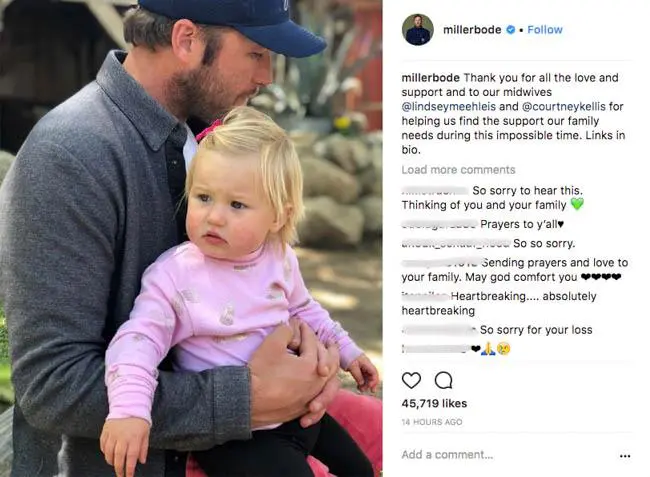The tragic news of US Olympic Skier Bode Miller’s toddler drowning this past weekend reminds parents everywhere of a very important topic we need to revisit: water safety.
19-month-old Emeline, Bode and Morgan Miller’s youngest, died after wandering away from her parents while they were at a neighbor’s party. It only took a moment before Morgan realized her daughter was no longer by her side, but that’s all it takes. Bode gave a tender but heartbreaking memorial to his daughter on Instagram saying, “We are beyond devastated… Never in a million years did we think we would experience a pain like this.”
Did you know that in the U.S. 10 people per day die from drowning? No one thinks something this devastating will actually happen to them, yet we hear of it every summer, so it’s essential we be hyper vigilant about our children near open water. Here are some important things to remember when it comes to water safety:
Drowning is silent:
We’ve seen Hollywood display drowning as a gulping, gasping for air, splashing and screaming occurrence but this isn’t the case in real life. Drowning is a silent process, which makes it that much harder to catch if we aren’t paying close attention to the whereabouts of our kids. Reader’s Digest lists 8 signs of drowning we should watch for HERE.
Don’t rely on the lifeguard alone:
Sometimes there won’t even be a lifeguard on duty at the pool or splash pad you’re visiting. True, when one is present, they are trained to watch for the deadly silent drowning but that doesn’t give us an excuse for distractions like our phones or books to pull us away from watching our kids around water. And they aren’t there to only watch our kids. Who knows, your hyper-awareness in spite of a lifeguard might even save someone else’s child!
Take advantage of life vests:
Especially for non-swimmers but even your older children benefit from wearing life jackets, especially while in deep water like at the lake. Pool floaties, toys and loungers do not substitute.
In our big family/friend gatherings, don’t assume someone is watching:
Staff at hospitals tells us they see the worst-case scenarios at big gatherings because people subconsciously fall into the trap of thinking, “there’s so many people around, someone is always watching the kids and would see anyone drowning.” Everyone thinks they can relax. This is not true.
Fence your pools:
If you own a home with a pool or pond on the land, make sure they are fenced. Once fenced, make sure you routinely check the durability of the fence, looking for cracks, gaps and holes that might allow a neighbor kid to climb through. If you have the means for an outdoor security camera, that might be helpful too. Fences help prevent your toddlers from falling in your pool if they slip out of the house unnoticed.
Older Kids and Babysitters:
If you let your older kids take their little siblings to the pool, or send them with a babysitter, teach them what drowning looks like: We see it all the time—the teenage older brother or sister left in charge of watching their little sibling at the pool because mom can’t (or won’t) go for some reason. If this is you, please make sure your teenager is mature enough to actually watch their sibling(s).Establish your own set of pool rules. Teach them what drowning looks like. Show them what a few seconds actually looks/feels like and connect it to drowning, telling them that’s how long (or short) it takes for someone to drown.
Be aware of ALL water openings, not just the obvious pools:
For example, buckets (or coolers) of water left out will pose a danger to small, curious babies and toddlers. If they tip themselves into the bucket, their uncoordinated little bodies can’t get themselves out.
No one likes to picture their kids in danger but it’s important to prepare and prevent dangerous situations from happening. Children playing in water tend to make noise as they splash and scream and giggle. If your child goes quiet, get to him or her quickly to see why.


